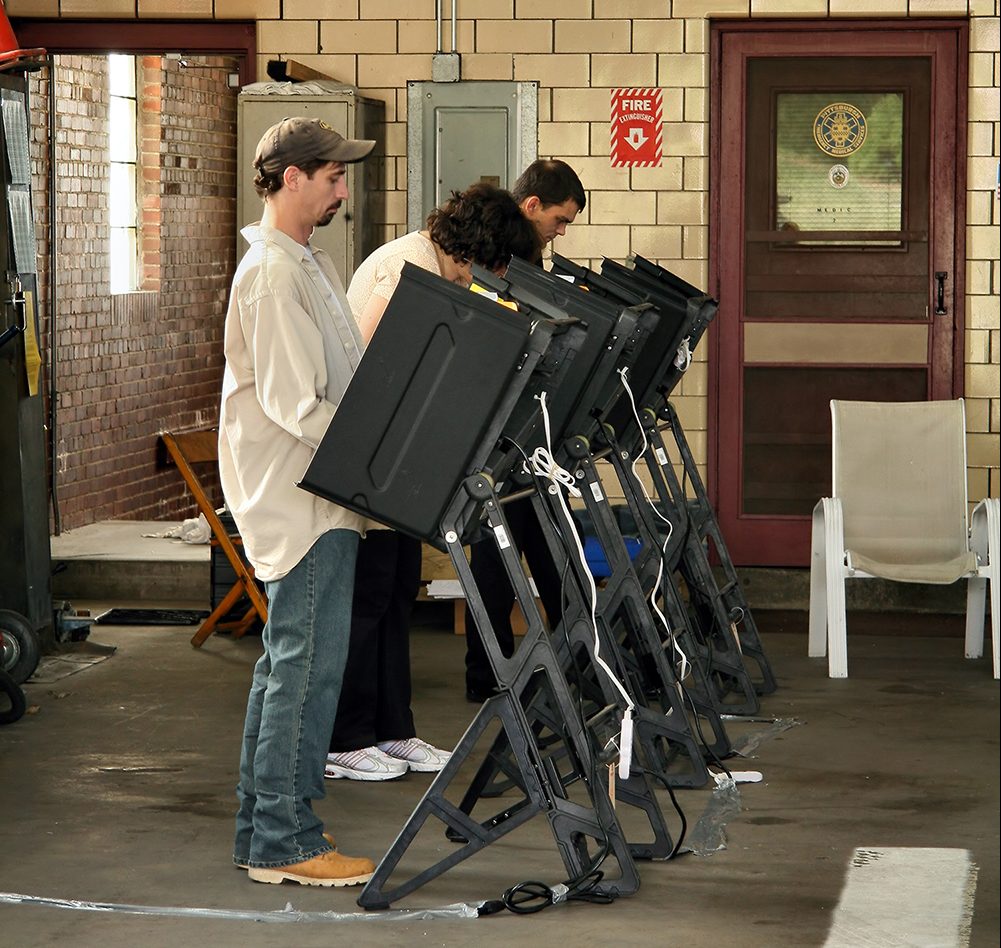Last week’s administrative hearing in Nashville was the first step in enabling ranked-choice voting in Memphis.
The long-pending matter of ranked-choice voting — aka instant runoff voting (IRV) — may be resolved in time for the next Memphis city elections, set for October 2023. That was the word from well-known IRV advocate Steve Mulroy, one of several participants in an administrative hearing on the subject held in Nashville last week.
On Thursday, August 5th, state Elections Coordinator Mark Goins presided over the hearing in the state capitol. In his official capacity, Goins had previously determined that IRV was illegal under Tennessee election law and prevented its implementation in Memphis, despite three separate local voter referenda approving the process. Goins, who, ironically and unusually, took part in the procedure both as an adverse party and the final decision-maker at the administrative level, was represented by the state attorney general’s office.
Petitioners, including former and future City Council candidates Erika Sugarmon, Sam Goff, and John Marek, participated as challengers to Goins’ original decision and in the current determinative process. They were represented by Taylor Cates and William Irvine of the Burch, Porter & Johnson Memphis law firm, assisted by attorneys from the international Hogan Lovells law firm. University of Memphis law professor Mulroy represented additional intervenors, including former and future City Council candidate Britney Thornton and the Ranked Choice Tennessee organization (a pro-IRV advocacy group).
Yet another participant was attorney Allan Wade, representing the Memphis City Council, which has joined the state in seeking to block IRV implementation.
The administrative hearing is a necessary step before the matter can be appealed to the Davidson County Chancery Court. An administrative decision from last week’s process is expected within a few months, with a more definitive Chancery Court ruling expected a few months after that.
At last Thursday’s hearing, pro-IRV expert testimony was provided by George Gilbert, a former elections administrator in North Carolina and current associate of the Ranked Choice Voting Resource Center, a nationwide clearinghouse for Ranked Choice Voting, which allows voters to rank candidates on a ballot in order of preference, successively sampling these choices until a majority-winning candidate can be selected. (Ranked-choice voting was the method recently used by New York City in its primaries to elect a new mayor.)
Gilbert explained that it was technically feasible to implement IRV in Memphis, using either current Shelby County equipment, hand-marked paper ballots, or any other equipment Shelby County might obtain in the future. He also insisted that, under a proper administrative interpretation of the state’s election statutes and regulations, there was nothing illegal about doing IRV in Memphis.
Memphis voters approved IRV overwhelmingly by referendum in 2008, amending the Memphis City Charter to that effect. Currently, it applies to all City Council districts but not to citywide races like mayor or city court clerk. But IRV was not immediately implemented at least partly because the then Shelby County Election Administrator Richard Holden opined that the county’s voting machines could not handle IRV. His successor, current Election Administrator Linda Phillips, stated in 2017 that this opinion was incorrect and that the county’s extant machines could indeed handle IRV.
Phillips was set to implement it for the 2019 City Council election when Coordinator Goins instructed her not to, claiming that IRV violated state law. Incumbents on the Memphis City Council placed two different IRV repeal referenda on the November 2018 ballot. Memphis voters rejected both repeal efforts, indicating once again a willingness to see IRV elections in Memphis.
Petitioners and intervenors disputing Goins’ legal interpretation also protest the involvement of the Memphis City Council in the litigation. In their view, the anti-IRV perspective is adequately represented by the state. “The City Council should respect the will of the voters and stop trying to block something that Memphis voters voted for three times,” said Mulroy.
